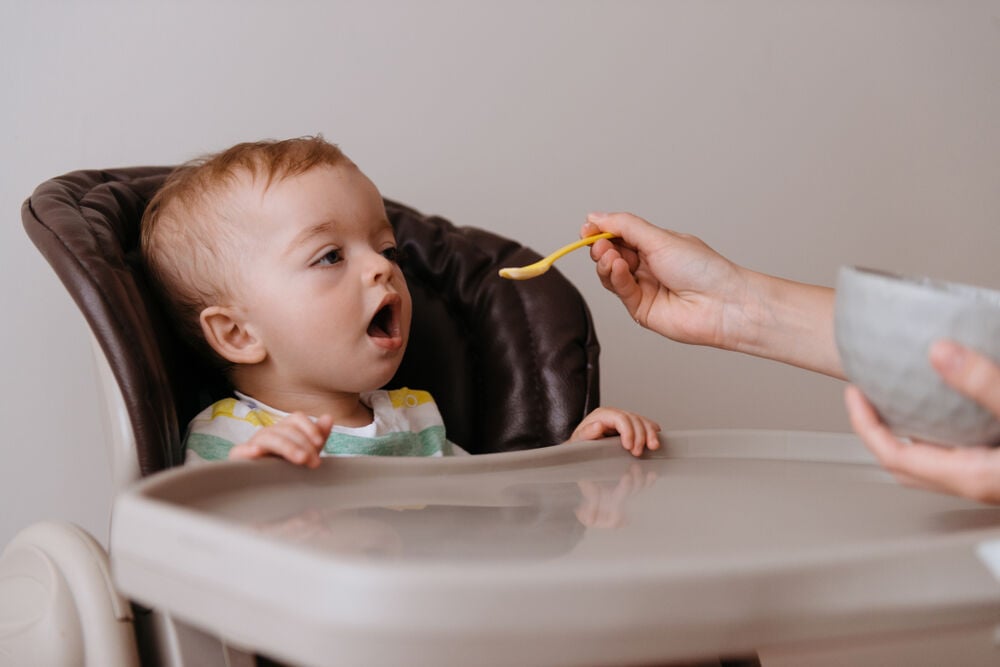-
Tracking cycle
-
Getting pregnant
-
Pregnancy
-
Help Center
-
Flo for Partners
-
Anonymous Mode
-
Flo app reviews
-
Flo Premium New
-
Secret Chats New
-
Symptom Checker New
-
Your cycle
-
Health 360°
-
Getting pregnant
-
Pregnancy
-
Being a mom
-
LGBTQ+
-
Quizzes
-
Ovulation calculator
-
hCG calculator
-
Pregnancy test calculator
-
Menstrual cycle calculator
-
Period calculator
-
Implantation calculator
-
Pregnancy weeks to months calculator
-
Pregnancy due date calculator
-
IVF and FET due date calculator
-
Due date calculator by ultrasound
-
Medical Affairs
-
Science & Research
-
Pass It On Project New
-
Privacy Portal
-
Press Center
-
Flo Accuracy
-
Careers
-
Contact Us
Is Green Baby Poop Healthy? Know the Reasons!


Every piece of content at Flo Health adheres to the highest editorial standards for language, style, and medical accuracy. To learn what we do to deliver the best health and lifestyle insights to you, check out our content review principles.
What causes baby green poop?
The truth is, baby's poop changes color all the time, and sometimes it can be a cause of concern for parents, but it doesn't always have to be. Color, in general, has to do with the processing time of food in your baby's system. Yellow stools mean milk is moving through your baby's digestive system too quickly, while green poop means it's taking a bit longer.
Green baby poop can be caused by a number of different things, including breast milk, iron supplements, or when solid foods are introduced around 4-6 months. Tummy bugs can also cause baby poop to be green, and the best way to address those is to keep breastfeeding, since your breast milk is most beneficial for baby's immune system.
Diarrhea
If your baby has green poop that's more in the form of diarrhea and less solid, it may be a time to call your pediatrician, as it could be a sign of an infection. Diarrhea in babies and children occurs because the intestines can't absorb enough water from food, often because of a virus. Diarrhea can cause your baby's poop to turn green.
Diarrhea changes the amount of water and electrolytes in poop, and since it's moving more quickly than usual through your baby's system, it can contribute to the color change.
If your baby does get diarrhea, chances are something is irritating them. If you're breastfeeding, maintain your regular schedule, as your breast milk contains plenty of antibodies necessary for baby to fight infection.
Diarrhea risks
Diarrhea can be caused by a number of factors in babies and children, including:
- Viruses
- Bacterial infections
- Certain medications
- Caffeine
- Food poisoning
Every baby get diarrhea once in a while, and most of the time, it'll go away on its own once the virus or bacteria has run its course. However, chronic diarrhea can often be a sign of another underlying condition that your pediatrician may be able to diagnose, including:
- Inflammatory bowel disease (IBD)
- Crohn's disease
- Irritable bowel syndrome (IBS)
- Food allergies or intolerances
Food

Breastfed babies green poop
Breastfed babies can also be affected by green poop. In the beginning after baby's birth, you first produce low-fat, high-sugar milk, or what's called foremilk. Eventually, this type of milk transforms into breast milk that's high-calorie and high-fat, or hindmilk. If baby has short nursing sessions, they may be getting more of that foremilk with less fat and more sugar, which can contribute to stool turning a greenish color. This can also happen if you switch breasts too quickly during feedings.
Poop from breastfed babies can also be mustard yellow or brown and is usually seedy or pasty in texture. It can even be runny enough to resemble diarrhea. Healthy breastfed stools also smell sweet, as opposed to regular stool odor.
Also keep in mind that breastfed babies poop a lot, especially at the beginning. It's normal for them to have 4-6 bowel movements every day, sometimes even more. As your milk becomes more mature, the frequency of bowel movements may drop off, but this is normal due to your breast milk being so well-balanced for baby's diet.
Green baby poop in formula-fed babies
Formula-fed babies may have green poop if the formula they drink has an iron sulfate supplement or is iron-fortified. Sometimes stool can even be so dark green that it looks black. This is no cause for alarm and has no significant effect on your baby's digestive system.
Other normal colors for formula-fed baby poop include yellow or brown with a pasty consistency that resembles peanut butter. Formula-fed babies poop a bit less frequently than breastfed babies, and the stools are usually more odorous.
It’s good to know, however, that black poop may be a sign of blood present in the digestive tract, so this could be a reason to see a doctor.
Dark green baby poop
As mentioned above, dark green poop is often caused by iron-supplemented formula and is considered normal.
Newborns have baby poop that's dark greenish-black and looks sticky; this is the type of poop your baby first produces right after birth, and it's completely normal. A natural ingredient in your breast milk called colostrum helps your baby pass this stool in about three days after their first feeding.
Reasons to see a doctor
If your baby's green poop is accompanied by diarrhea, fever, or irritability, then it's definitely a reason to call your pediatrician. While some green poop is normal and can happen as a result of foods, breastfeeding, or formula, if your baby has some or all of those other symptoms, such as a fever or more irritability than usual, definitely call the doctor for guidance.
Additionally, if you notice slimy, green-colored streaks in your baby's poop that looks like mucus, this can be a cause for concern as it might indicate an infection.
And remember — don't ignore your parental intuition. If there's an issue with baby that's keeping you awake at night (you should be sleeping while you can!), then consult your pediatrician for help.
The bottom line is, green poop is normal in most cases, especially if baby has been recently eating pureed green foods, iron-fortified formula, or breast milk. If you're ever in doubt or baby's green poop is accompanied by fever or other symptoms, then don't hesitate to call your doctor.
Take a quiz
Find out what you can do with our Health Assistant


Hey, I'm Anique
I started using Flo app to track my period and ovulation because we wanted to have a baby.


The Flo app helped me learn about my body and spot ovulation signs during our conception journey.


I vividly
remember the day
that we switched
Flo into
Pregnancy Mode — it was
such a special
moment.
Real stories, real results
Learn how the Flo app became an amazing cheerleader for us on our conception journey.




